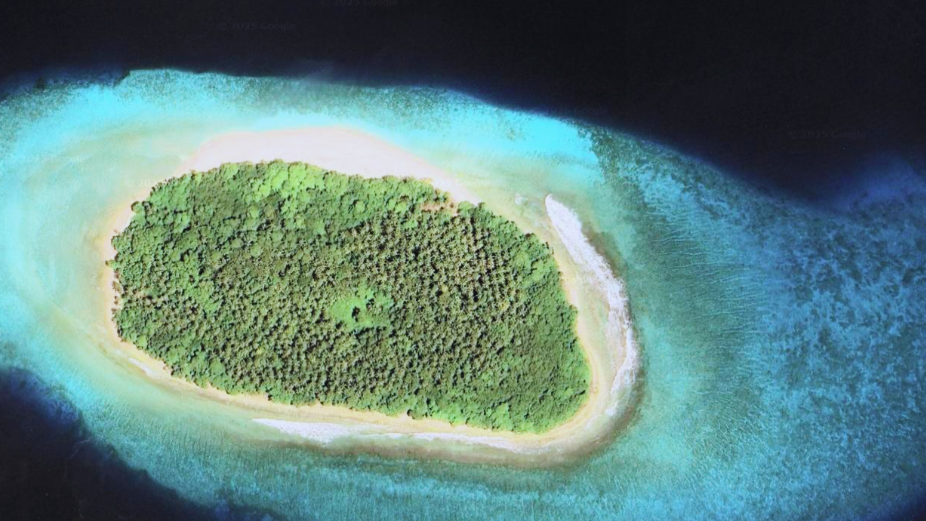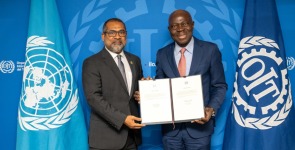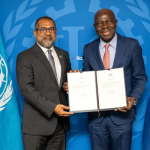
The government has handed over four uninhabited islands to three local councils, marking the first instance of such transfers under new regulations. The handovers were formalised during a ceremony held at the Finance Ministry on Monday.
The islands allocated are:
- R. Neyo to the R. Inguraidhoo Council.
- Dh. Minimasgali and Dh. Fenfulhi to the Dhaalu Atoll Council.
- L. Modumaabulhali to the L. Maavah Council.
These transfers were made under the Regulation on the Allocation of Uninhabited Islands for Fisheries, Agriculture, and Economic Uses, gazetted on 18 January 2024. The regulation allows councils to use uninhabited islands outside their jurisdictions for various economic activities.
Activities Permitted on Allocated Islands
Under the regulation, councils can utilise the islands for:
- Crop cultivation and livestock rearing.
- Food production, such as drying and salting fish or sea cucumbers.
- Aquaculture and fishing-related activities.
- Boatbuilding, carpentry, and fibre workshops.
- Hosting tourism-related activities like picnics and water sports.
- Preparing and selling snacks and beverages.
The islands are allocated for a period of ten years, with councils required to manage the resources for public benefit.
Regulatory Process
Councils must follow specific procedures before acquiring islands. This includes holding public meetings to consult local communities and obtaining approval from the relevant atoll council for their proposed activities.
Agreements between the Cities, Local Government and Public Works Ministry, the Finance Ministry, and the respective councils formalised the allocations.
Government Perspective
Local Government Minister Adam Shareef Umar commended the councils for taking the initiative to use these resources. He urged them to ensure that the islands are managed in a way that benefits the communities.
According to the President’s Office, 28 uninhabited islands were initially identified as eligible for allocation. The four handed over this week were among the first proposals submitted and approved under the new regulation. The remaining islands are still available for councils to request.
This development introduces broader opportunities for councils to engage in economic activities and utilise resources previously limited to basic maintenance and small-scale uses.












